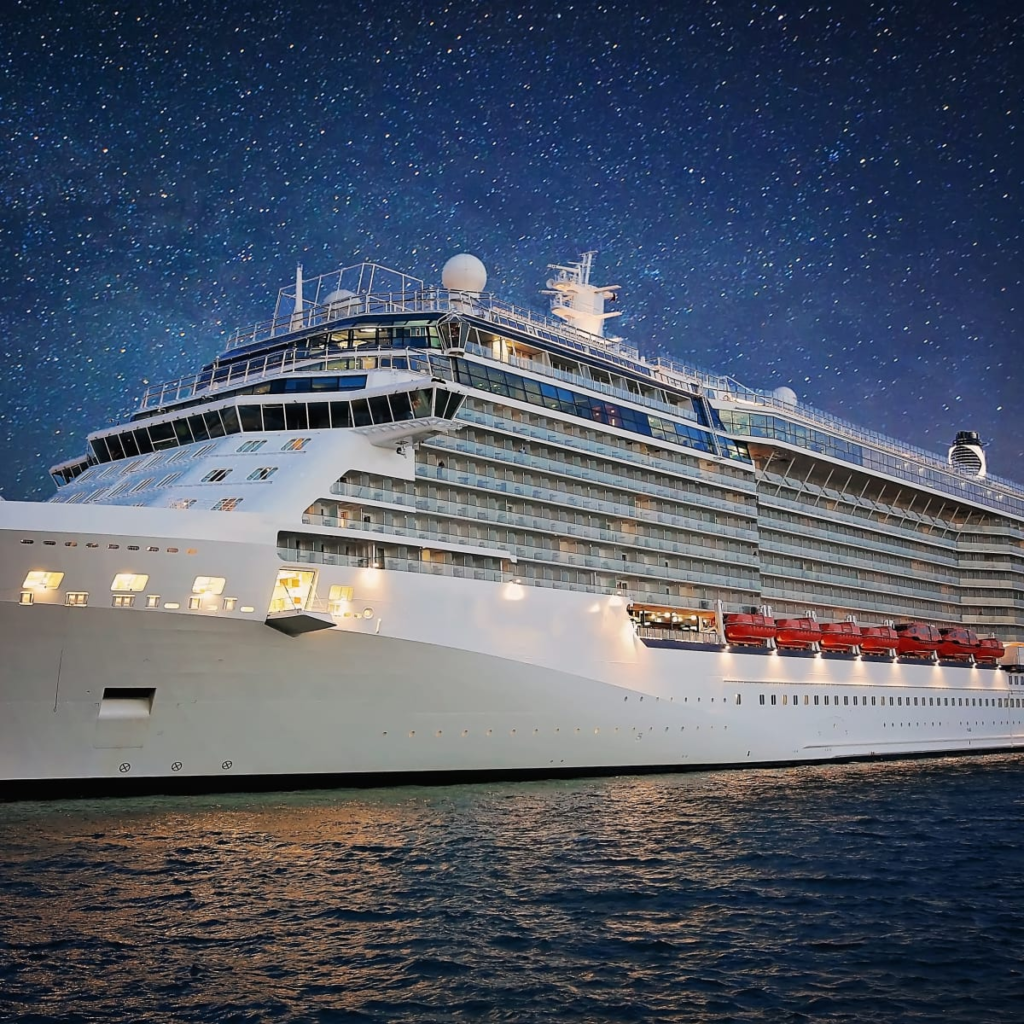A Ship Captain, also known as a Master Mariner, is the highest-ranking officer aboard a ship. They are responsible for overseeing the vessel’s operations, ensuring the safety of the crew, passengers, and cargo, and complying with maritime laws and regulations. The role requires extensive experience, leadership skills, and a deep understanding of navigation, vessel management, and international shipping protocols.
Ship Captains can command various types of vessels, including commercial cargo ships, passenger ships, ferries, fishing vessels, and even private yachts. Their duties vary based on the type of ship they operate, but the core responsibilities remain centered on the safe and efficient operation of the vessel.

Key Responsibilities
- Navigational Oversight:
- Plan and oversee the vessel’s route, ensuring the safest and most efficient passage.
- Utilize navigational tools such as GPS, radar, and electronic charts to avoid hazards like reefs, icebergs, or congested waters.
- Adjust course and speed as necessary in response to changing weather conditions or maritime traffic.
- Ensure all navigational aids (lights, buoys, signals) are in place and functional.
- Safety and Security:
- Enforce strict safety regulations aboard the ship, ensuring the crew follows proper safety procedures.
- Conduct regular safety drills for emergencies such as fire, flooding, or abandoning the ship.
- Oversee the maintenance and inspection of safety equipment, including lifeboats, fire extinguishers, and life vests.
- Ensure the vessel is compliant with international maritime safety standards (SOLAS – Safety of Life at Sea).
- Crew Management:
- Supervise the ship’s crew, including officers, engineers, deckhands, and support staff.
- Assign duties and ensure that all crew members are performing their responsibilities efficiently.
- Handle any disciplinary issues or conflicts among the crew.
- Train and mentor junior officers and other crew members in navigational practices and safety protocols.
- Cargo and Passenger Supervision:
- Ensure proper loading and unloading of cargo, making certain that the weight distribution is balanced for safe passage.
- Supervise the securing of cargo to prevent shifting during the voyage.
- If operating a passenger vessel, ensure the safety, comfort, and well-being of all passengers.
- Ensure compliance with customs and immigration regulations when entering or leaving ports.
- Compliance and Documentation:
- Maintain accurate logs of the ship’s journey, including navigational data, fuel consumption, and any incidents that occur.
- Ensure compliance with international maritime laws, including those related to pollution, environmental protection, and port entry/exit procedures.
- Prepare and submit all necessary documentation for customs, immigration, and port authorities.
- Maintenance and Repairs:
- Ensure the vessel is maintained in good condition, coordinating repairs and regular maintenance.
- Work closely with the Chief Engineer to address any mechanical or technical issues.
- Oversee inspections of the hull, machinery, and other critical systems.
- Ensure that the ship has adequate fuel, provisions, and spare parts for the duration of the voyage.
- Financial and Operational Management:
- Manage the financial aspects of the ship’s operation, including budgeting for fuel, repairs, and crew wages.
- Ensure the vessel operates within the allocated budget and report expenses to the shipowner or management company.
- Coordinate with shipping companies, port authorities, and clients to manage cargo delivery schedules.
- Handle any disputes or issues that arise during the voyage, including those related to cargo, crew, or passengers.
- Communication and Reporting:
- Maintain open communication with shipping companies, port authorities, and other ships to coordinate docking, cargo transfers, and other operations.
- Provide regular updates to shipowners or management companies on the ship’s progress, fuel consumption, and any issues encountered.
- Report emergencies or accidents to the appropriate maritime authorities and follow the necessary protocols.

Qualifications and Skills
- Education and Certifications:
- Bachelor’s degree in Marine Transportation or a related field.
- Certification as a Ship Captain or Master Mariner, often requiring successful completion of exams administered by maritime authorities.
- STCW (Standards of Training, Certification, and Watchkeeping) certification.
- Radio Operator’s License and First Aid Certification are often required.
- Experience:
- Extensive experience in various roles aboard a ship, progressing from lower ranks such as Third Mate or Chief Mate to Ship Captain.
- Several years of sea experience, typically requiring at least five years in a senior officer position.
- Skills:
- Strong leadership and decision-making skills.
- Excellent understanding of navigation, weather patterns, and international maritime regulations.
- Ability to remain calm and make quick decisions in emergencies.
- Effective communication skills for coordinating with crew, passengers, and external authorities.
- Strong organizational skills to manage the vessel’s operations efficiently.
Working Conditions
- Schedule: Ship Captains often work in shifts, with extended periods at sea followed by time off. Typical voyages can last weeks to months.
- Environment: Ship Captains work in all weather conditions and must be able to handle the physical and mental demands of long voyages, isolation, and potential danger.
- Travel: Ship Captains frequently travel internationally and must adapt to different time zones, cultures, and port regulations.
Conclusion
A Ship Captain plays a crucial role in ensuring the safe and efficient operation of a vessel. This high-responsibility role requires a blend of technical knowledge, leadership abilities, and the capacity to manage complex operations while ensuring the safety of everyone aboard. Ship Captains are vital to the maritime industry, facilitating international trade and travel across the globe.
CLICK ON : https://apply.esseindia.com/




